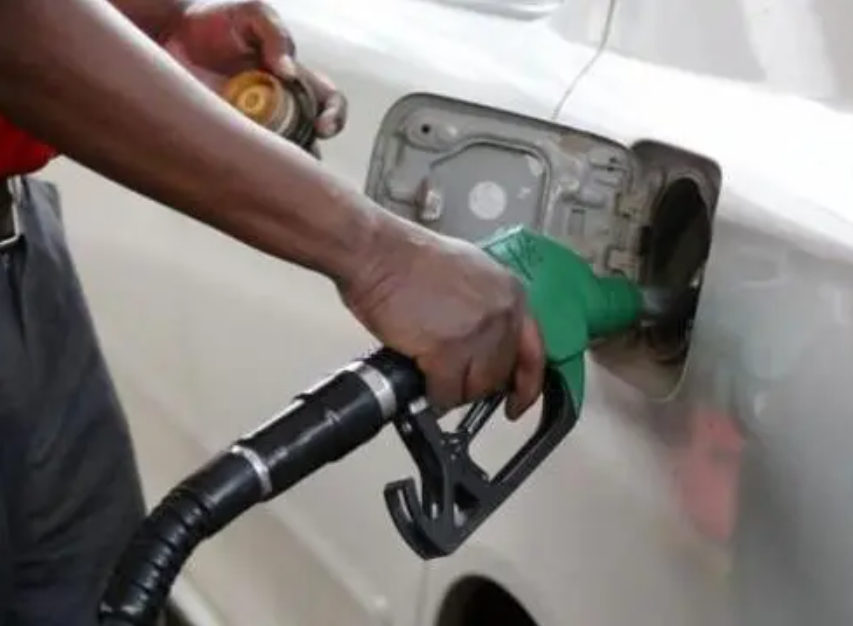
Kenyans are staring at tighter budgets after fuel prices rose sharply following recent disruptions in the Strait of Hormuz, a key global shipping route.
The Energy and Petroleum Regulatory Authority (EPRA) announced price hikes of Sh8.99 for petrol, Sh8.67 for diesel, and Sh9.65 for kerosene as shipping lines pass on extra costs from longer routes.
In Nairobi, a litre of petrol will now retail at Sh186.31, diesel at Sh171.58, and kerosene at Sh156.58.
This is up from Sh177.32, Sh162.91, and Sh146.93, respectively.
The new maximum retail and wholesale prices will apply from July 15 to August 14, 2025.
The hikes have sparked frustration among Kenyans who say the rising costs are eating into their earnings and daily expenses.
“Fuel prices go up, we increase delivery fees, and customers complain. It’s a vicious cycle,” said Emanuel, a delivery rider.
“I used to fuel for Sh800 daily; now I’ll need close to Sh1,000 just to work. How am I supposed to make anything after that?”
Mary Wanjiku, a domestic worker in Nairobi, voiced similar concerns: “I use kerosene for cooking sometimes. This increase means I have to either reduce meals or find alternatives.”
For taxi operator Nicholus Mumo, the hike could spell the end of his business.
“Fuel is my biggest expense. If it keeps going up, I won’t break even. I might have to close. Next week I’ll spend Sh500 for what cost Sh400 last week, yet I still charge the same for rides. Sasa ni kama tunafanya kazi ya bure (it’s like we’re working for free).”
University student Brian added, “Going home from school will now cost me more. My HELB loan is already stretched. We’re suffering in silence.”
Maxwell, a boda boda rider, described the situation bluntly: “Hii bei ni madharau (these prices are outrageous). We can’t keep increasing fares every time fuel goes up. Passengers already complain. It’s we who suffer because we use more but earn less. Fuel imekuwa kama gold (fuel has become like gold).”
As Kenyans grapple with rising costs, many are urging the government to craft long-term solutions to stabilise energy prices and reduce dependency on imported fuel.
















